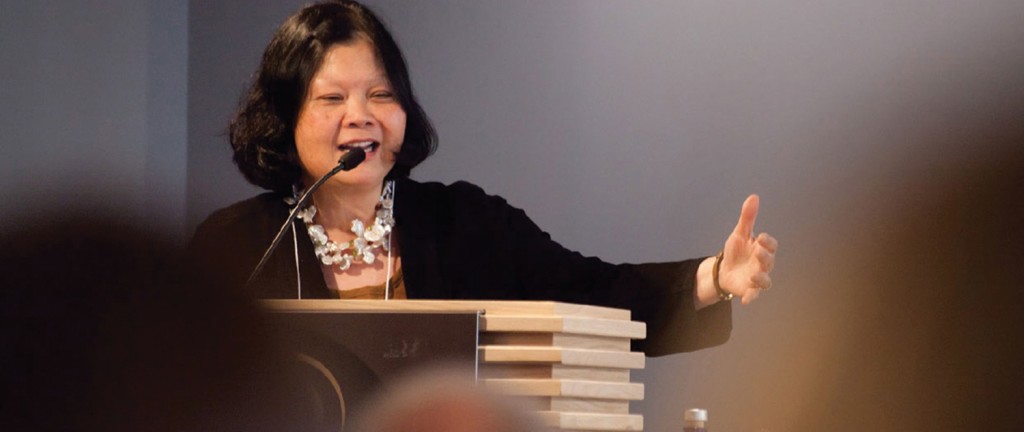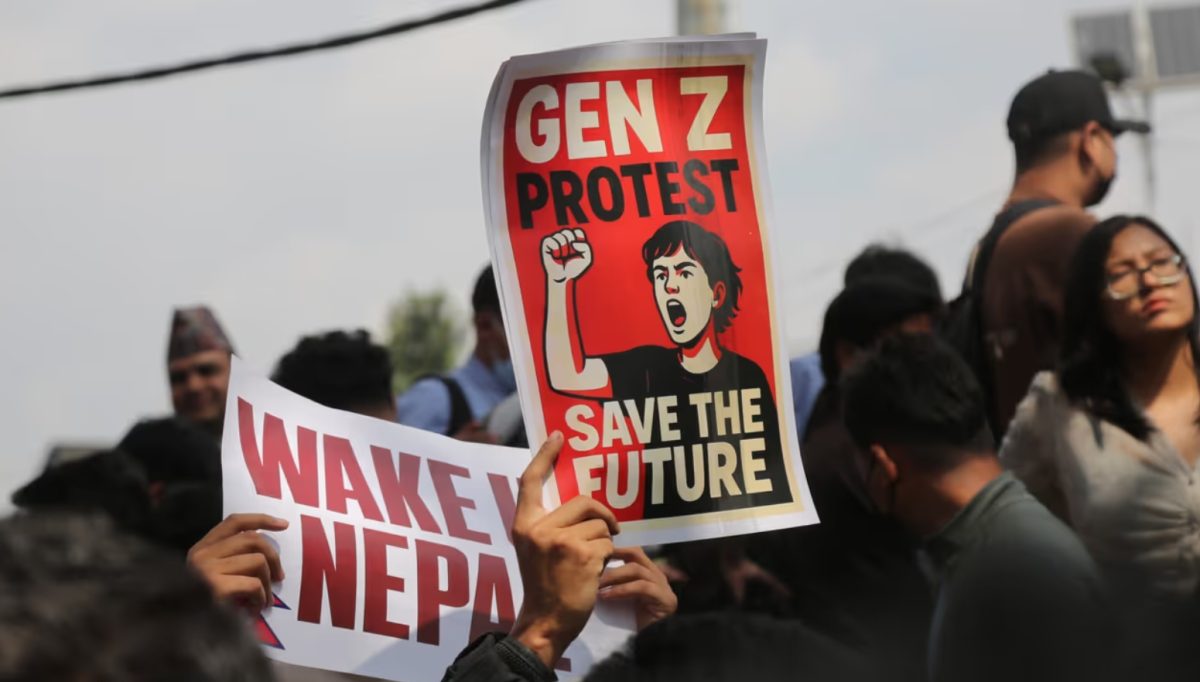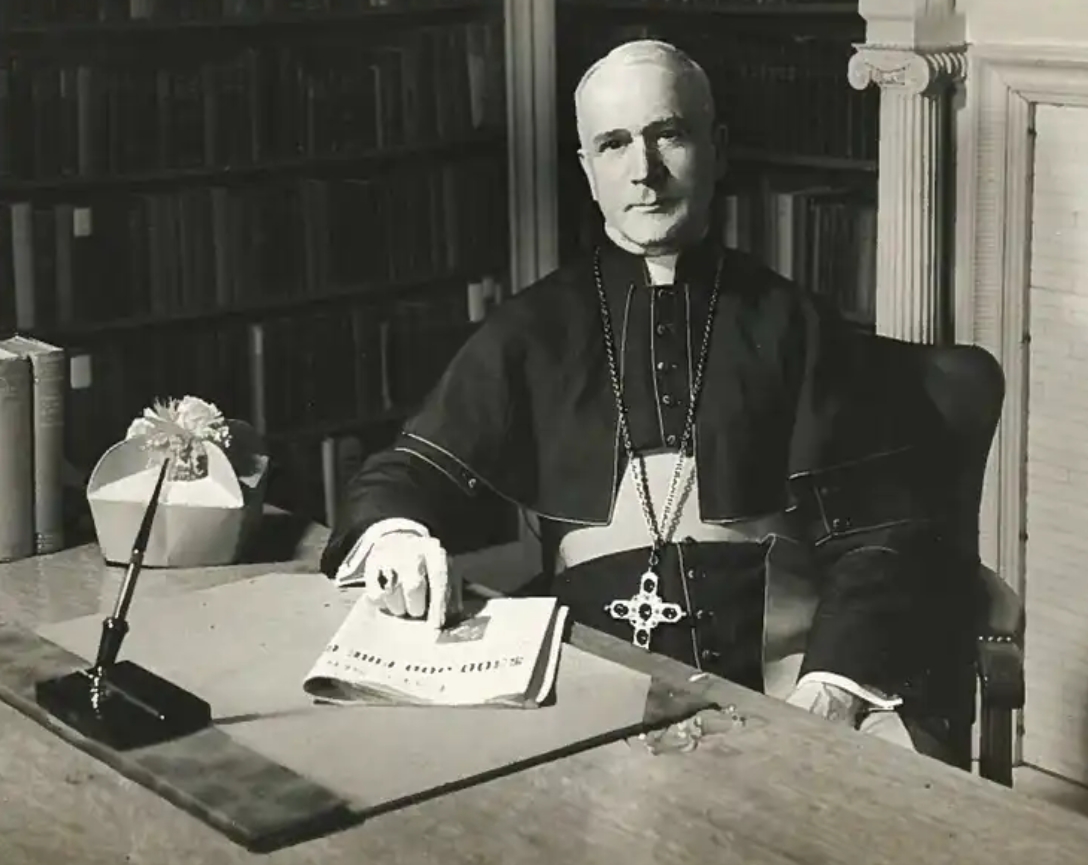Gannon University’s Yehl Ballroom was filled with the buzz of students and faculty waiting to hear the president of Catholic Relief Services (CRS) as part of the annual Loftus Lecture Series on Oct. 21.
The series is sponsored by Thomas and Marcy Loftus in an effort to further Gannon’s mission and Catholic identity, broaden Gannon’s understanding of the Catholic faith, increase the visibility of the university and build community and improve internal and external communication.
Carolyn Woo, Ph.D., the featured speaker and president and CEO of CRS, immigrated to the U.S. from Hong Kong to receive her education at Purdue University. She joined the faculty of Purdue after earning her doctorate and later became the first female dean of the Association to Advance Collegiate Schools of Business.
Woo began the lecture by saying that Gannon helps its students to succeed and see the world as well as care about it. She said CRS uses that mindset in the Catholic teaching of the global family.
CRS began after World War II with the mission to take care of European refugees moving to the U.S. There are 60 million refugees in the world today, which is the largest number since WWII.
The organization’s mission remains to serve. Woo said it serves everyone wherever it’s needed. Some of this service includes catechists under CRS in the U.S. that teach the importance of service to the Church, but it is not a missionary organization by nature.
“We do not convert,” Woo said. “We bear witness to the love of God by our commitment to serve people.
“Before we want to tell people about our God, we want to make God real in our world.
“It’s not enough just to have good hearts, you have to bring the best of your game.”
One of the focuses of CRS is long-term solutions. Woo said its workers come in when a country needs help until it becomes able and stable again, and then they step out.
Woo said most problems are not one-sided and need multiple interventions to be solved. She said hunger is not solved by food; you have to ask if people have access to tools, water, land and literacy needed to grow food.
Some of the good news CRS has had a hand in is the decrease of childhood mortality, increased access to clean water with 2 billion people granted access, increased availability of malaria drugs, distribution of HIV drugs to infected mothers and near eradication of parasitic Guinea worm infections.
Woo said loving one’s neighbor is the path to God. One of the major CRS missions is to enable people to serve themselves, and the organization works to see those peoples’ achievement.
CRS accomplishes this through cyclical teacher training as seen in Haiti, mobile phone programs that document and organize families for assistance while helping farmers and expectant mothers receive information and group lending programs that pool community money instead of using loans.
This work falls under the Christian teaching that poverty is a scandal because God’s abundance is for everyone. Woo said poverty is not an issue of scarcity, but of our own contempt and greed that causes other people to have less.
“We’re just in the middle,” Woo said. “Whatever we bring to people is not our bounty — it’s the bounty of the Lord.”
“He makes us a part of it, that’s the beauty of our work. God takes what we made and what we do, and becomes a part of it.”
Joe Tokasz, a sophomore philosophy major, said he attended the lecture because he wanted to come and didn’t know much about CRS.
“It was interesting seeing what CRS does, how they contribute, and with a good faith behind it,” Tokasz said.
“They serve everybody, no matter where they are or what stage of life.”
KELSEY GHERING
[email protected]








